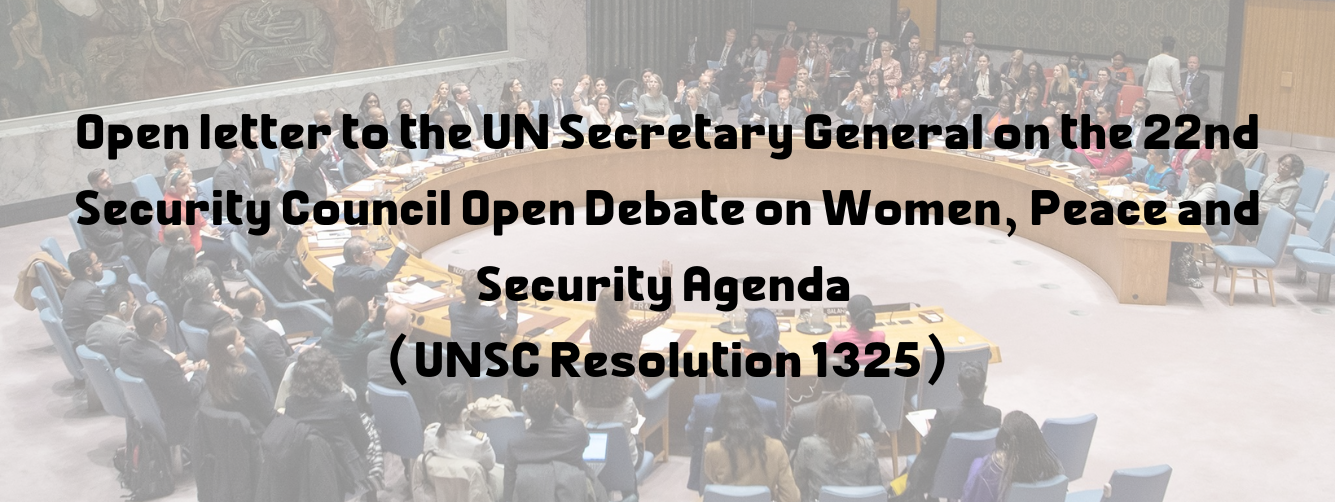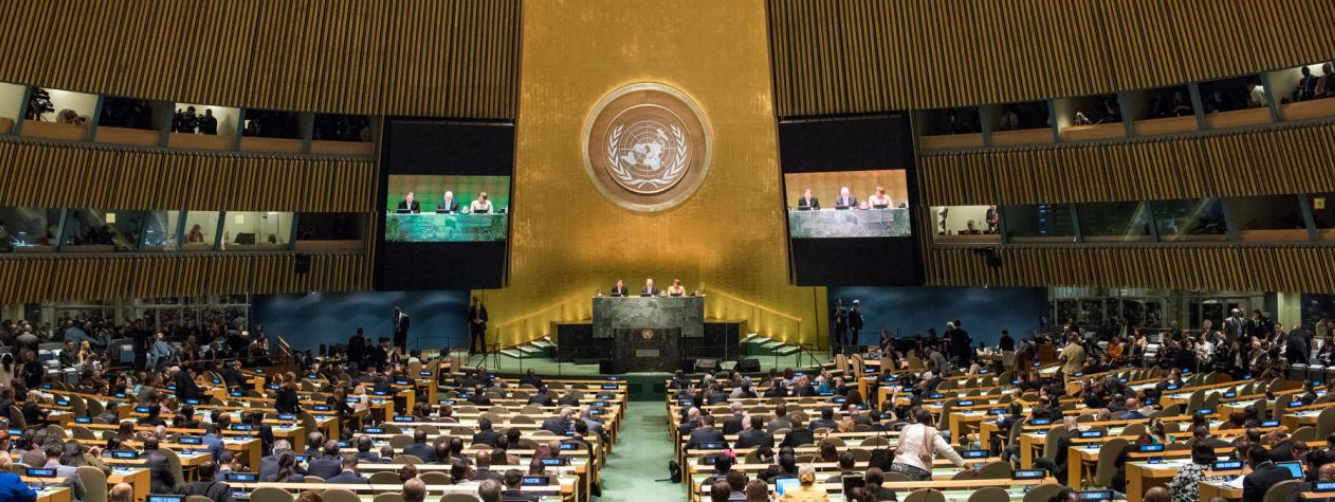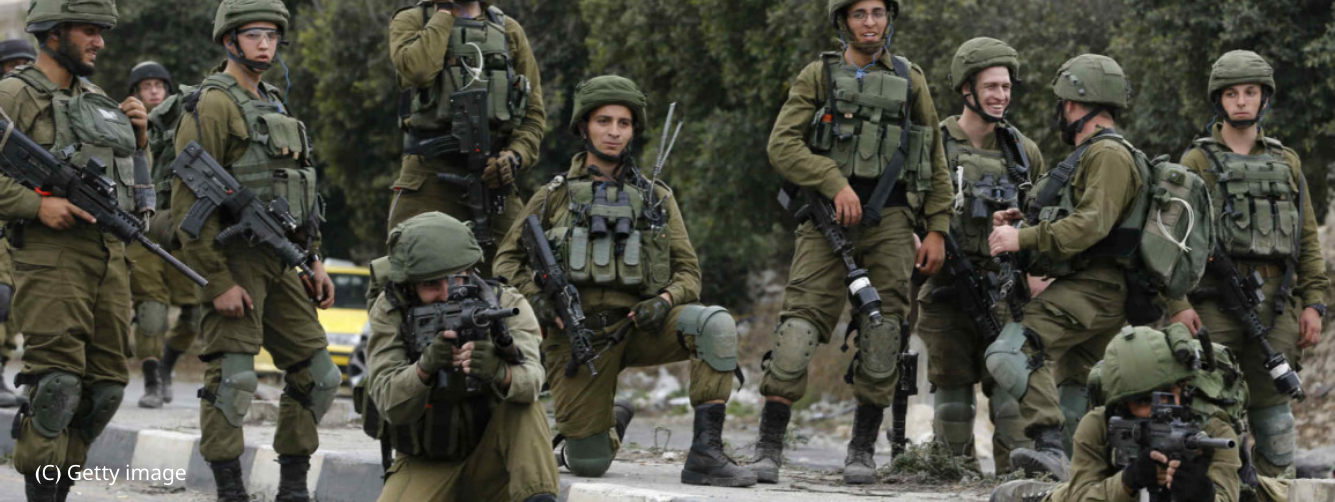Released on July 17th, 2004
Ref: 19.2004E
On 9 July 2004, the International Court of Justice (ICJ) issued an historic Advisory Opinion on the Legal Consequences of the Construction of a Wall in the Occupied Palestinian Territory (OPT). There has been much debate as to the content and meaning of this opinion in the short time since its issuance. As a Palestinian human rights organisation which has been committed to the protection and promotion of human rights and rule of law for 25 years, Al-Haq believes that this opinion provides a sound legal overview of the legal consequences of the Annexation Wall's construction in the OPT, and outlines the legal obligations of both Israel and the international community in regards to its construction. The opinion emphasised four key points: (1) the illegality of the construction of the Annexation Wall in the OPT; (2) Israel's obligation to stop its construction in the OPT and undo the resulting damage; (3) the international community's obligations vis-à-vis the construction of the Wall in the OPT; and (4) the need for the United Nations (UN) to consider further action to end this illegal situation.
The construction of the Wall in the OPT is unlawful
In its opinion, the ICJ held that the construction of the Wall in the OPT and its associated regime are in breach of international human rights and humanitarian law, as well as the right to self-determination. Further, its construction in the OPT is creating facts on the ground that may well become permanent, which would effectively be de facto annexation. The Court also confirmed the applicability of the Fourth Geneva Convention and human rights treaties to the OPT, as has been maintained by, inter alia, the UN human rights treaty monitoring bodies, the International Committee of the Red Cross (ICRC), and the High Contracting Parties to the Geneva Conventions.
Al-Haq has long held that the construction of the Annexation Wall in the OPT entails numerous violations of international human rights and humanitarian law. As a result of its construction, Palestinians have been subjected to violations of such fundamental rights as those to freedom of movement and to own property, the rights to work, health, food, education, and the right to an adequate standard of living, including housing. Al-Haq's documentation has reflected extensive violations of those rights in those areas where the Annexation Wall's construction has begun. Although Israel has maintained that restrictions on Palestinian rights have been necessitated by its duty to protect the security of Israelis within the Green Line (the 1949 armistice line), the ICJ opinion made clear that measures taken in the name of security must be conducted as an extension, not an abrogation, of the rule of law.
Israel must take specific steps to stop this unlawful act and undo the resulting damage
The ICJ made two separate statements in its dispositif regarding concrete actions that Israel must take in light of the unlawfulness of its construction of the Wall in the OPT. Firstly, Israel must terminate its breaches of international law, stopping the Wall's construction in the OPT, dismantling those sections built to date, and rendering ineffective all regulatory acts relating to its construction. Secondly, Israel must make reparations for all damage caused by the Wall's construction in the OPT.
These two provisions are means to provide for the Palestinians' right to a remedy. The right to an effective remedy is a fundamental right which is upheld in numerous international instruments, including the Universal Declaration of Human Rights, the International Covenant on Civil and Political Rights, the Convention on the Rights of the Child, and the Fourth Hague Convention Respecting the Laws and Customs of War on Land. The principles of reparation are also upheld in the Statute of the International Criminal Court. In its opinion, the ICJ addressed two components of this right: a remedy (the procedural means by which a violation of a right is redressed) and reparations (the substance of the relief afforded). The underlying obligation is that the wrongdoing party must, as far as possible, wipe out all the consequences of the illegal act and restore the situation to that which would have in all probability existed if the act had not been committed. As noted by the Permanent Court of International Justice (the ICJ's predecessor) in the 1928 Chorzów Factory case, "it is a principle of international law that the breach of an engagement involves an obligation to make reparation in an adequate form."
Al-Haq believes that ICJ's provisions on this matter entail specific obligations which Israel must undertake in order to provide an effective remedy for its unlawful construction of the Wall. Israeli authorities must undertake adequate, effective and prompt measures, including:
• immediate cessation of the construction of the Wall in the OPT;
• dismantling of all sections of the Wall which have been constructed in the OPT to date;
• revocation or otherwise rendering ineffective the permit and other regulatory systems relating to the Wall;
• provision of restitution in kind, compensation, and/or rehabilitation to address physical or mental harm suffered by Palestinians; lost opportunities, including employment and education; and material damages and loss of earnings resulting from the construction of the Wall in the OPT.
However, in the short time since the issuance of the ICJ's ruling, Israeli authorities have already flouted these obligations. Within hours of the ruling, Israeli officials said that they will not abide by its provisions, with Foreign Minister Silvan Shalom specifically stating that "Israel will continue building the security fence [sic]…." Al-Haq has documented the continuing construction of the Wall in the OPT since the ICJ's ruling.
The international community has obligations vis-à-vis the illegal construction of the Wall
The ICJ notes that all states are under an obligation not to recognise the illegal situation resulting from the Wall's construction, or to aid or assist in maintaining the situation created by its construction. Further, all High Contracting Parties to the Fourth Geneva Convention must ensure respect by Israeli authorities of the Convention's provisions.
Al-Haq believes that the obligations as laid out by the ICJ are not merely statements regarding the official and practical non-recognition of Israel's unlawful acts. The provisions contained in the ICJ opinion are reflective of existing international legal obligations regarding unlawful acts by states. The non-recognition of unlawful acts is included in the Draft Articles on Responsibility of States for Internationally Wrongful Acts. As noted by Article 41 thereof, to the extent that a given state's authorities are in breach of peremptory norms of international law, no state shall recognise as lawful those acts which constitute such breaches. In accordance with this article, states should cease all acts which can be seen as recognising Israel's unlawful acts in the construction of the Annexation Wall.
The second clause of the ICJ provision regarding the obligations of the international community has a specific call to action: the cessation of all aid or assistance in maintaining the situation created by the construction of the Wall in the OPT. It is worth noting that this specific obligation was even upheld by one of the two dissenting judges (see Kooijmans, Separate Opinion, para. 45). Al-Haq believes that those states which are providing financial or material assistance to the Israeli authorities which is used for the construction of the Wall in the OPT must cease such assistance immediately.
Lastly, the ICJ specifically reiterates Article 1 of the Fourth Geneva Convention, stating that all 191 High Contracting Parties to the Convention must ensure Israeli respect for its provisions vis-à-vis the Wall. Al-Haq believes that states may choose from several options to make this longstanding international legal obligation operational, including such measures as the use of Protecting Powers; diplomatic pressure; non-renewal of trade privileges or agreements; reduction or suspension of aid; restrictions and/or ban on arms trade or military technology; and restriction of Israeli exports, with a goal of restoring Israeli respect for international humanitarian law in the OPT.
Despite concerns raised by some commentators that this provision of the dispositif called for vague actions by the international community, a more detailed analysis makes evident that there are numerous concrete steps which states may take to uphold their obligations which are outlined in the ICJ opinion. Al-Haq believes that it is important that the international community do so in order to translate the clear provisions of the opinion into practical and effective change for those on the ground.
The UN must consider further action to end this illegal situation
The UN, notably the General Assembly (GA) and the Security Council, must consider what further action is required to bring to an end the illegal situation resulting from the construction of the Wall and its associated regime in the OPT. It should be noted that the GA should consider further action both because the ICJ called upon it to do so, and because it is the requesting agency.
Al-Haq has long noted the special commitment that the UN has towards the "Palestine question." Numerous UN bodies have passed scores of resolutions calling on Israel to respect provisions of international human rights and humanitarian law. Despite all these resolutions, Israeli authorities have continued to systematically violate Palestinians' fundamental rights. Al-Haq believes that it is time for the UN to take a stronger position to ensure the protection of these rights and to meet its moral and legal obligations to obtain a just and durable solution to the Israeli-Palestinian conflict. To this end, the organisation calls on UN member states to enact diplomatic, legal or other measures outlined in the UN Charter for the pacific settlement of disputes. The UN Charter provides for a range of methods which can be used for such settlement, inter alia, negotiation, enquiry, mediation, conciliation, arbitration, or other peaceful means.
Al-Haq's recommendations
Al-Haq believes that the international community must translate the ICJ's Advisory Opinion into action. To this end, the organisation recommends the following:
• The GA must clearly and positively accept the Advisory Opinion of the ICJ on the legal consequences of the construction of a wall in the OPT.
• The GA must establish a reasonable and prompt time period within which to reconvene the tenth emergency special session to further consider this matter and review Israel's compliance with the ICJ's opinion. This session should reconvene as necessary should Israel remain in breach of its obligations as outlined by the ICJ.
It is essential for the protection of rule of law the accountability of the international legal system that member states of the UN uphold their duty to implement this decision. On 8 December 2003, UN member states, through the General Assembly, requested that the ICJ urgently render an advisory opinion on this matter. On 9 July 2004, the ICJ issued this opinion, upholding its valuable role in the development and understanding of international human rights and humanitarian law. Despite the controversy surrounding this matter, the ICJ held to its obligations under its Statute and the UN Charter by issuing an advisory opinion which clearly outlined the international legal obligations resulting from the construction of the Wall in the OPT. It is now incumbent on the General Assembly to uphold its obligations by implementing this decision, thus bridging the gap between the decision and facts on the ground, so that the fundamental rights of the Palestinian people are protected.
-END-







